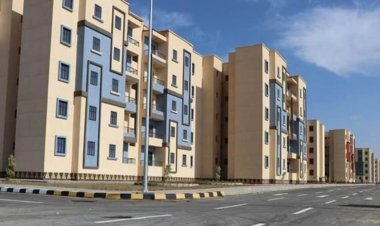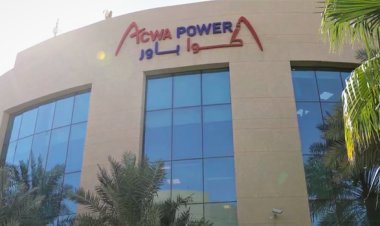How will more jobs be created by investing in human capital?

The annual meetings of the World Bank and the International Monetary Fund will take place this year from October 9 to 15, 2023 in Marrakesh, Morocco.
The 2023 meetings will focus on the work required to eradicate poverty on a livable planet. The events will examine the new evidence we need to confront complex global challenges.
Countries need help
On the sidelines of the annual meetings, an event will be held on October 10 entitled “A New Guide to Dealing with Difficult Times,” where chronic instability, civil wars, the global shock of the Corona pandemic, and ongoing climate disasters will be discussed. They have created a complex landscape of intertwined risks, which has exacerbated situations of fragility.
Countries need help to prevent, prepare for and deal with crises in a way that does not derail them from their development goals. Against this backdrop, the World Bank is evolving to become a better bank for serving the world's neediest and most vulnerable, and this event will bring together key players to explore ideas and partnerships that can better respond to today's challenges.

Developing countries
The World Bank's annual meetings in Marrakesh, Morocco, on Friday, October 13, will discuss how to create more jobs by investing in human capital, as developing countries comprise 84% of the global labor force, and this trend is likely to continue.
For example, according to the World Bank, by 2040, Africa must create two million jobs per month to meet growing labor force needs.
Unfortunately, many workers – as many as 7 in 10 people in developing countries – work in low-value-added jobs, earn little and lack financial security.
Global crises
Despite global crises affecting employment rates, emerging megatrends, such as changing technological landscapes, urbanization, climate change, and an aging global population, offer new opportunities. Collaboration between governments, businesses and the development sector are crucial to creating safe and highly productive jobs.
Investing in human capital means equipping people with the knowledge, good health and skills so they can fill the jobs of today – and create jobs for the future.
Solution to promote job
During the event on October 13, solutions to promote job creation and entrepreneurship in an inclusive manner will be explored. Speaking at the event, Axel van Trotsenburgh, Senior Managing Director for Development Policy and Partnerships at the World Bank, and Reema Nanavati, Director of the Self-Employed Women’s Association (SEWA), will speak at the event, Olimata Sarr, Minister of Economy, Planning and Cooperation, Senegal, and Amal Hassan, Founder and CEO of Outsource Global.

The perfect solution to poverty
An event will also be held on October 10 entitled “Job-Rich Growth: The Perfect Solution to Poverty,” as creating good job opportunities is the surest way to escape the clutches of poverty. To create job opportunities, companies must grow and overcome a complex set of challenges. Including limited access to finance, lack of fair competition, weak rule of law, regulatory barriers, and poor business environment.
Laying the foundations for an inclusive digital future
On the same day, an event will be held entitled “Laying the Foundations for an Inclusive Digital Future for All.” The World Bank explained on its website that the ability to learn, work, and conduct transactions digitally and via the Internet has never been more important to the daily lives of people around the world.
Although basic digital access is the linchpin for addressing many of the world's most pressing challenges, nearly 3 billion people were still unconnected in 2022, 1.4 billion people still did not have bank accounts, and 850 million people still They do not have an official ID.


 Shrouq
Shrouq 












